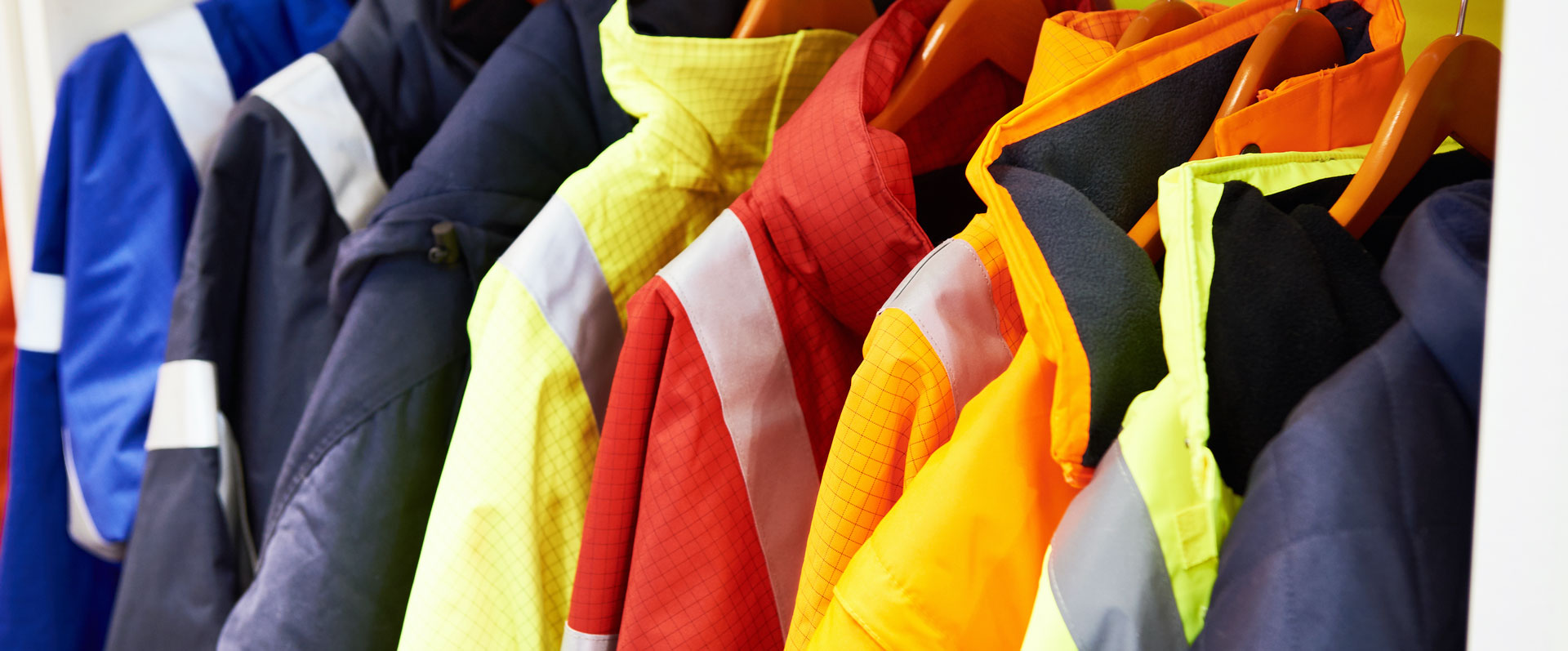Manufacturing Materials and Details of workwear outfits

Dress in Layers
Do you want optimal protection in all weathers and working conditions? The best way to do this is to dress in layers and to choose the right clothing from inner to outer. The right clothes are ones that match both your level of activity and your surroundings. Workwear includes a wide selection of T-shirts, tops and jackets, all designed to be combined in layers.
Layer 1 – A moisture wicking layer
Your inner layer should first and foremost be moisture wicking, so you avoid getting cold. You will best achieve this with a polyester material combined with an elastic fiber to ensure full freedom of movement. Products that have a close-fit and are elastic, which offer a great freedom of movement. These products are moisture wicking, fast-drying and have an anti-bacterial finish to prevent odors from developing. The result is comfortable and effective regulation of your body temperature – even in warm working conditions and when you are physically active.
Layer 2 – A warm and insulating layer
You can often get away with just two layers in the milder seasons – a moisture wicking layer and an insulating layer. Your insulating layer can even be a combination of several different products. The purpose of the insulating layer is to keep you warm while also leading any moisture away. Your second layer should keep you warm in cold conditions without inhibiting your freedom of movement. Product lining make for the perfect middle layer. Insulation is a breathable lining with excellent insulation properties. The lining also has a low weight and density, which means that it doesn’t restrict your movements during the working day.
Layer 3 – A layer to protect you from the elements
Your outer layer needs to be wind and waterproof in order to protect you from the elements. But that’s not all – breathability is also important. A high level of breathability is necessary to stay warm. If you can’t get rid of moisture, you will get wet and then cold. Workwear includes a wide selection of jackets that are breathable, wind and waterproof or water-repellent. Whether your outer layer needs to be waterproof or water-repellent will depend on your exact surroundings. The difference lies in whether the seams are taped or not. If your jacket is water-repellent there is a risk that water may seep in through the seams.
